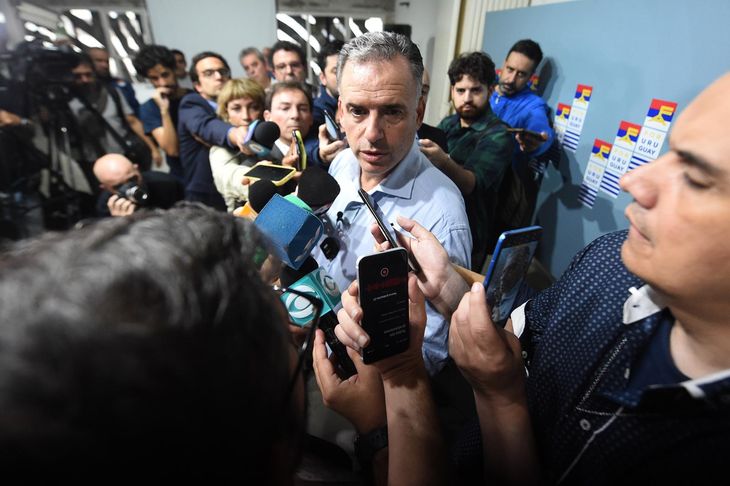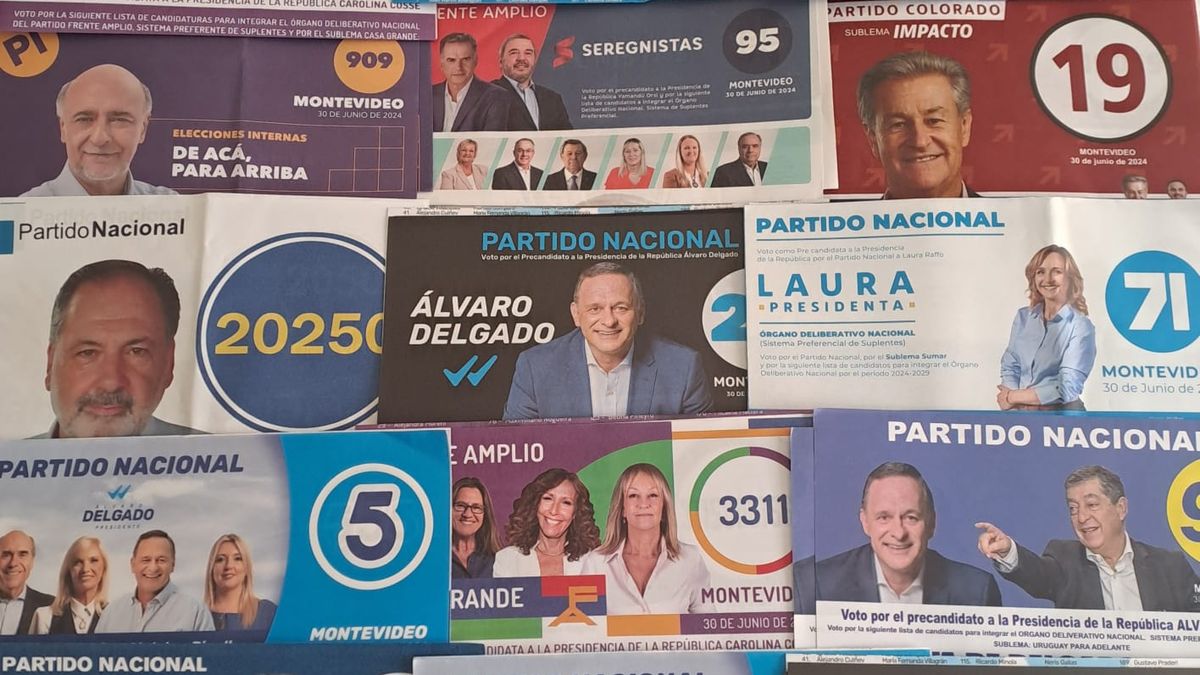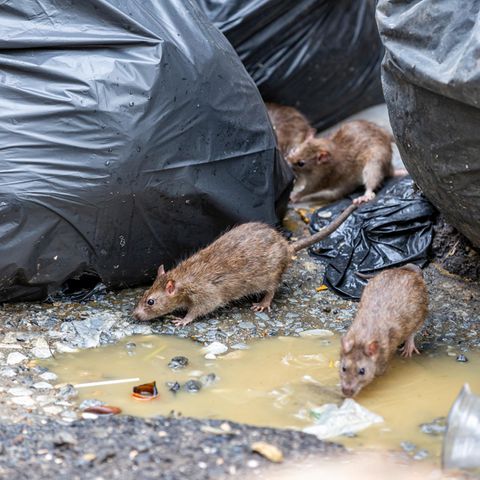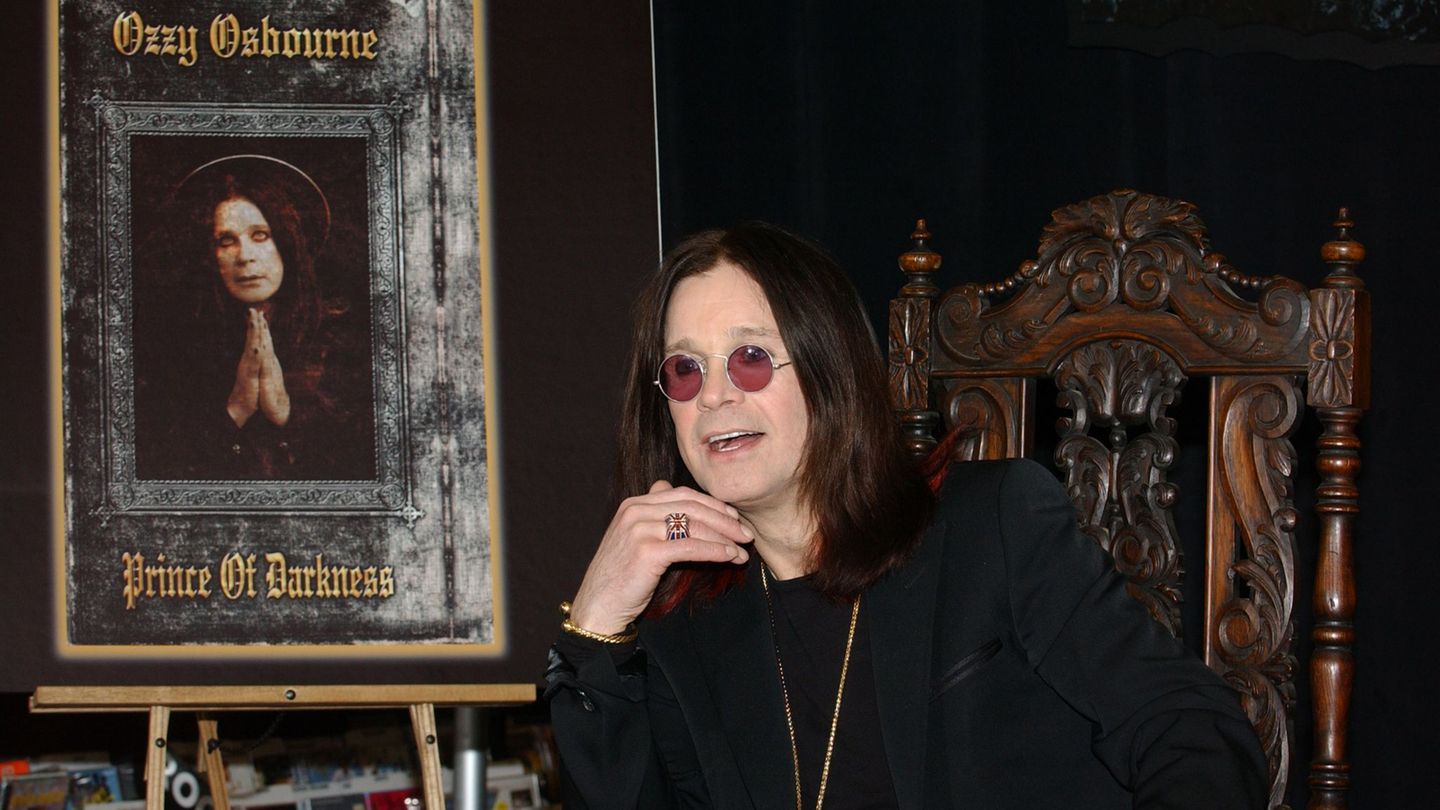More than 2,766,323 Uruguayans were enabled by the Electoral Court to vote this Sunday in the internal elections with which the political parties They will define their representatives for the general elections in October. It is estimated, however, that less than half will actually come to cast their vote.
What hides the constant discussion about why few Uruguayans vote in internal elections is, in essence, another question: why has this campaign also failed to win over the voter in such a way that there would be a change in habits?
The three main political forces of the Uruguay They come to this election with dissimilar scenarios. In the National Partythe former Secretary of the Presidency, Alvaro Delgado, achieved the majority support of white voters and will be the candidate. There was a spillover effect of the president’s approval Luis Lacalle Pou.
Laura Raffothe television economist as she presented herself at the beginning of the electoral contest, fell far behind after a good start and is now trying to get into the presidential formula. However, the enormous gap that separates her from Delgado is the reason that some argue for leaving her out of the binomial. Her meager number of votes is not enough to put pressure on, they point out.
Álvaro Delgado Laura Raffo Beatriz Argimón
Photo: @sumar_uy
In it Broad Front (FA) the formula was declared from the beginning. Be Orsi-Cosse either Cosse-Orsibut it will be these two, the progressive coalition insists, as if the order of the factors did not alter the product. But it does.
While for months the polls put the former mayor of Canelones, Yamandu Orsiabove the mayor on leave from Montevideo, Carolina Cossethe latest Cifra survey – which added a correction on electoral participation – could not remove this contest from the scenario of a technical tie.
The attention tonight will be focused on that final result. The National Party believes that a Delgado campaign competing with Cosse will be more beneficial than with Orsi, who has protected his image as a moderate. The businessmen will also be attentive, the Canarian gives them certainty while the pre-candidate is placed on the side of the unions.
The establishment of the Colorado Party (PC)meanwhile, is preparing for an outcome that was unthinkable three months ago: Andres Ojedathe new candidate, would prevail over three leaders with management in the current coalition government: Robert Silva (They code), Gabriel Gurmendez (Antel) and Tabare Viera (Tourism).
Voices in the traditional political force were quick to remember that it is the committee that chooses the presidential candidate, almost putting their finger on the emergency button. But using that tool is not in keeping with the current times. Whoever wins will be the candidate, the actors in the race reacted publicly.
The long, extensive electoral campaign – which had its first names last year and left some on the road – clashed with Uruguayan political traditions due to its tone.
An open truth, in which whites, reds and Frente Amplistas agree, is that the politics of the Uruguay It is in opposition to the policy of Argentina. Although now it is more accurate to use the imperfect preterite “era”.
The pleas to avoid crack –that term that in politics refers to the dichotomy that dominated life on the other side of the Silver river– more than an alert voice, they were a warning.
The electoral campaign quickly took on an un-Uruguayan tone. Opaque. Raw. In March, the former presidents Jose Mujica, Luis Alberto Herrera and Julio Maria Sanguinetti They tried, in vain, to safeguard the old institutionality with requests to avoid dirty campaigns.
Yamandú Orsi conference on the complaint against him

Photo: Focouy/Telemundo
But the Argentinization was not only in the forms. Then came the scandals: the dirty campaign against Orsi with a false accusation of sexual abuse and the leak of the chats of the former president of the board of the National Party. Pablo Iturralde with the former senator Gustavo Penadés about pressure on prosecutors.
On the one hand, there was talk of lawfaresuggesting a situation similar to that denounced by the former Argentine president Cristina Kirchnerand on the other, a scheme of shelving the press linked to the left to harm the ruling party was pointed out.
The margins of the political game, that of historically clear rules, begin to blur. It does so at the beginning of a long road that remains to be traveled to reach October. It would be wise for the electoral noise not to erase them entirely.
Source: Ambito




